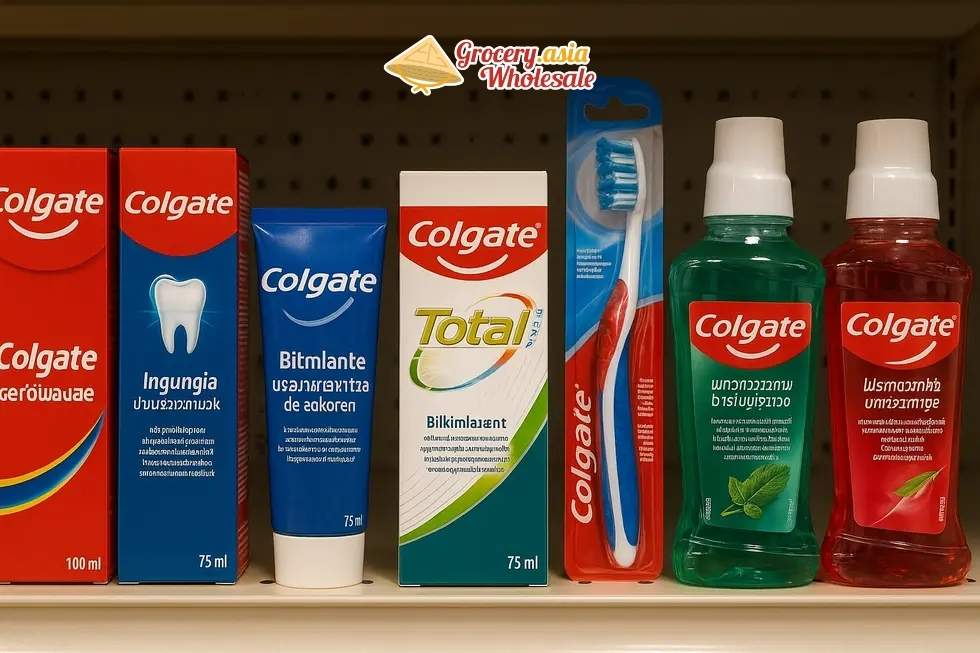No products in the cart.
Colgate Dental Care, Personal Care News
Navigating Colgate’s Export Labeling Requirements: A Comprehensive Guide for Wholesale Importers
Colgate Export Labeling Requirements are critical for importers involved in global distribution of oral care products. Ensuring proper labeling and packaging is a cornerstone of successful trade, especially for legacy brands like Colgate. Navigating export regulations can be complex, but mastering these requirements—ranging from multilingual labeling to regional compliance and packaging standards—is essential. This guide delivers practical insights to help wholesale importers meet international standards with confidence.
Table of Contents
The Multilingual Mosaic: Navigating Colgate’s Export Labeling Landscape
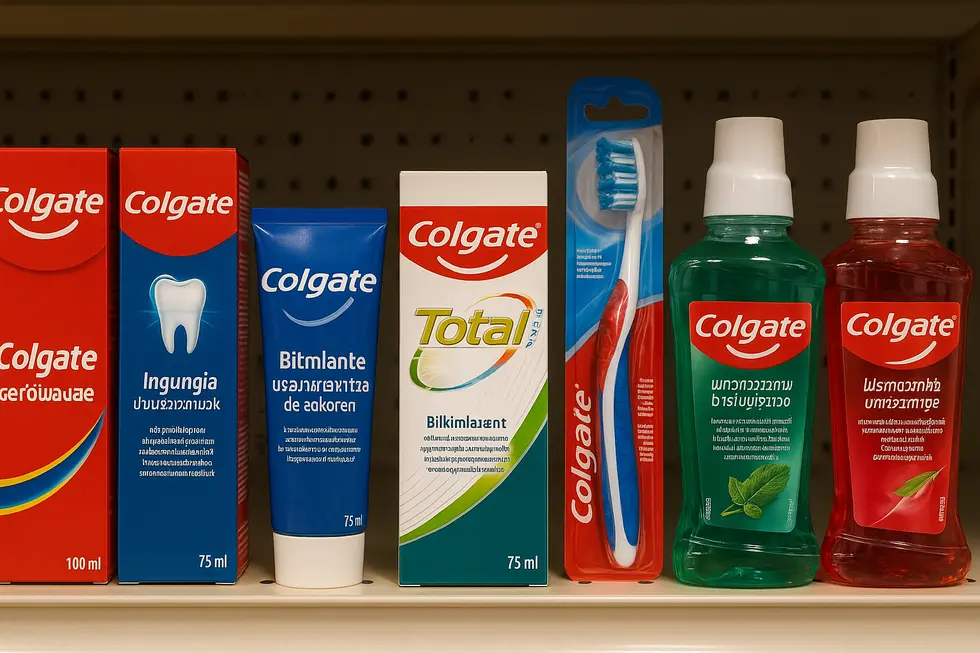
Creating multilingual labels is a crucial endeavor for Colgate as it aims to meet international export requirements. Using labels with multiple languages ensures compliance with diverse regulations and enhances product acceptance in various markets. For a global brand like Colgate, this isn’t just advantageous—it’s essential for connecting with consumers across different linguistic landscapes. Multilingual labels serve as a bridge to consumer understanding and satisfaction, enabling clear communication of product benefits and safety information, which is especially vital for a product trusted in oral care.
Meeting local labeling laws with multilingual strategies minimizes the need for market-specific packaging, thereby reducing production costs and simplifying the logistics of exports. This strategy enables a more unified global presence while economizing the supply chain process. Additionally, robust packaging solutions, like durable two-bag buckets adorned with these versatile labels, protect products during transit and comply with both consumer expectations and stringent international standards.
Taking a proactive stance by researching and understanding the specific regulations of each target market is paramount. For brands like Colgate, such exploration not only aids in compliance but fortifies its positioning globally. Importantly, packaging solutions need to be resilient enough to withstand the rigors of international logistics, adhering to standards like CE and FDA to ease market entry and distribution.
Mastering Colgate’s Export Packaging: Navigating Global Labeling Standards
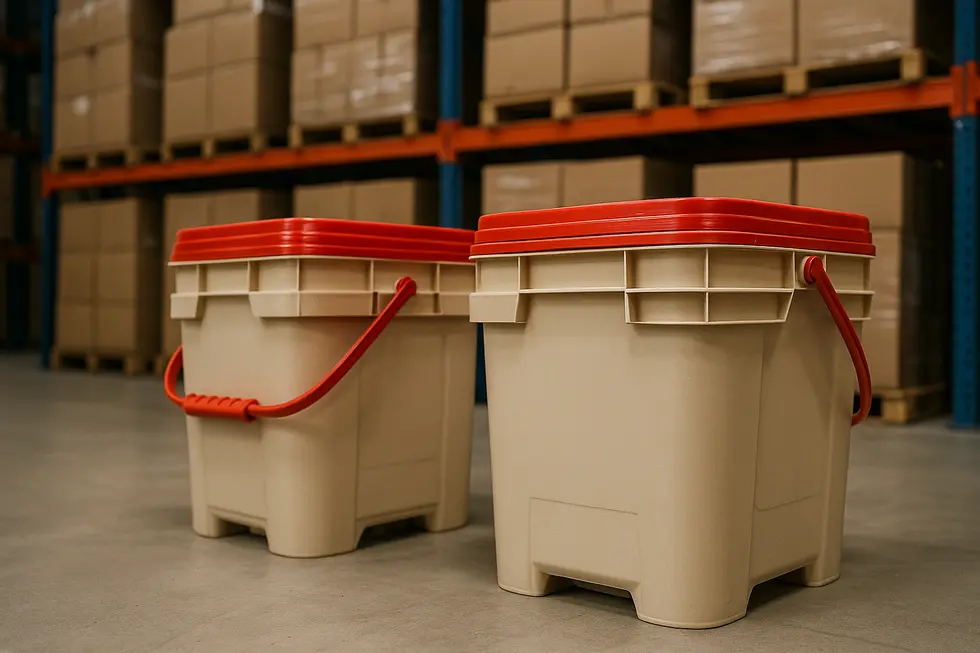
Meeting global market requirements through precise labeling and packaging is a strategic endeavor for Colgate. As an industry leader, Colgate identifies the importance of adhering to diverse regulatory standards while maintaining brand integrity. Export packaging across international borders demands more than just sturdy materials; it requires a well-planned incorporation of critical information and multilingual labels to cater to a wide audience.
Colgate’s method involves using bulk-ready cartons designed for easy transit and storage, with an emphasis on displaying crucial details like product name, batch numbers, and expiry dates. This approach not only ensures compliance but also enhances consumer trust across various regions. Moreover, the inclusion of the manufacturer’s name, address, or an approved code is central to meeting confidentiality and authentication requirements set by consignees.
In many markets, including Uganda’s, regulations like the Pre-Export Verification of Conformity (PVOC) mandate that products exhibit a significant portion of their shelf life at inspection to guarantee optimal product quality for consumers. Colgate’s systematic adherence to such standards illustrates their commitment to quality and compliance, reinforcing their reputation globally. For wholesalers and export managers aiming to achieve similar compliance, a detailed understanding of these requirements can be instrumental in streamlining logistics and enhancing market reach.
For further insights into strategic global marketing initiatives by Colgate, visit their comprehensive innovation strategy.
Navigating the Maze of Colgate Export Documentation
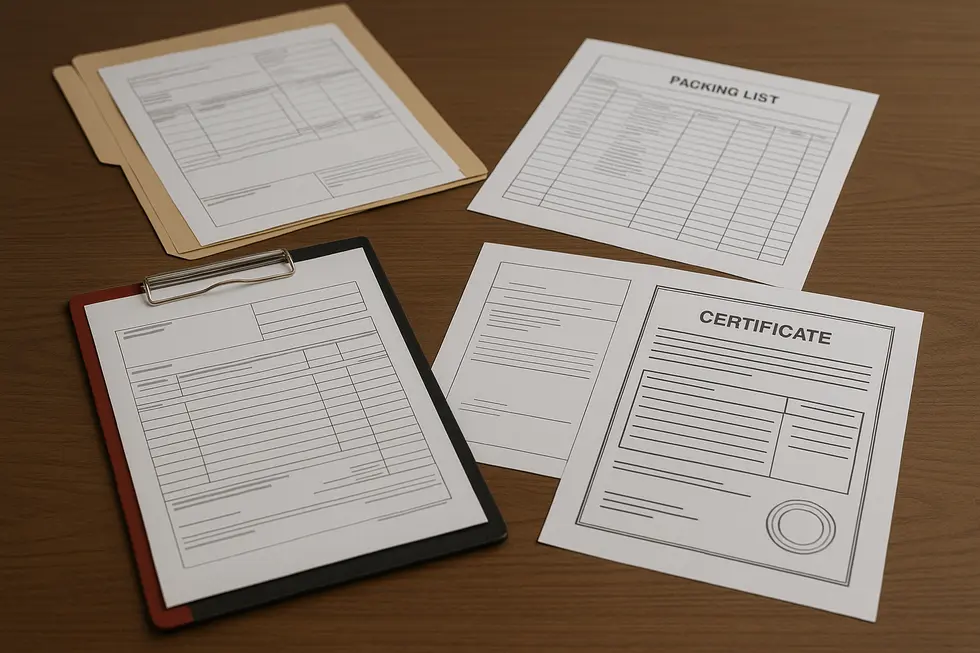
Exporting Colgate products requires meticulous attention to documentation and labeling to comply with international standards. Essential elements include product origin codes and batch numbers, which are critical for traceability. The inclusion of packaging unit codes and quantity unit codes ensures clarity in how items are packed and measured. These codes must align with tax category identifiers like VAT or excise tax, if applicable, and are vital during export clearance.
One cannot overlook the significance of barcodes for seamless product identification, helping expedite customs processes. For regions with specific nutrition labeling requirements, like GSO 05/FDS 2233 or GB7718, compliance is crucial depending on the product type.
Colgate’s strategy for export includes bulk-ready packaging, commonly thirty packs per carton, with consistent inventory management to streamline global distribution. The packaging must also feature multilingual labels tailored to international markets, which not only enhance consumer accessibility but also ensure adherence to local labeling laws including fiber content and size.
To further explore the technical specifications for item coding relevant to such exports, one can consult the VSDC API Specification document. These details and documentation practices safeguard regulatory compliance and facilitate smooth customs operations across diverse markets.
Navigating Regional Compliance for Colgate Exports
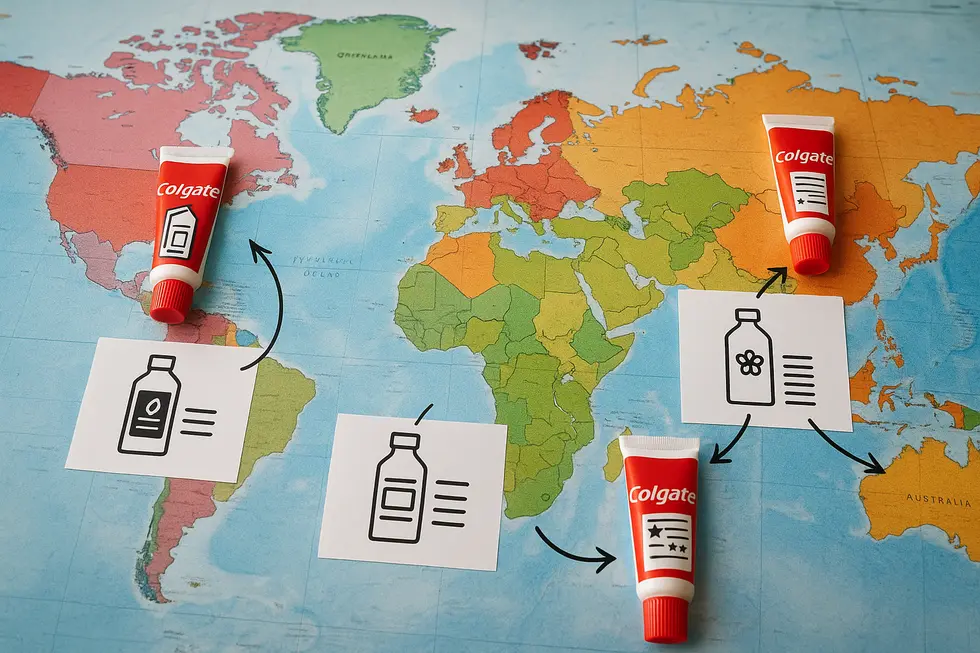
When exporting Colgate products internationally, understanding and adhering to regional labeling requirements is essential for compliance and successful market entry. Each region has distinct mandates, and Colgate’s approach involves carefully aligning product labels with local regulations to ensure the information is both accessible and relevant to local consumers.
One significant challenge in this process is the integration of multilingual labels. These ensure that product information, such as fiber content and care instructions, can be understood by consumers in diverse regions. The labels must meet linguistic requirements that differ from country to country, facilitating clear communication and compliance with consumer protection standards.
Furthermore, regional regulatory bodies may require additional elements like NMRA-approved stickers or specific barcodes/QR codes. These components are crucial for industries where traceability and authenticity are paramount, including pharmaceuticals and cosmetics. Additionally, packaging materials must comply with international safety and environmental standards, such as FDA food-grade, RoHS, or REACH certifications.
This meticulous approach is vital for maintaining brand integrity and meeting local expectations. For more detailed insights into Colgate’s wholesale processes tailored for supermarkets, you may explore their
supermarket supply guide.
Ultimately, continuously updating oneself with localized legal sources remains indispensable for maintaining compliance in an ever-evolving global market.
Navigating the Maze of International Labeling Compliance for Colgate Exports
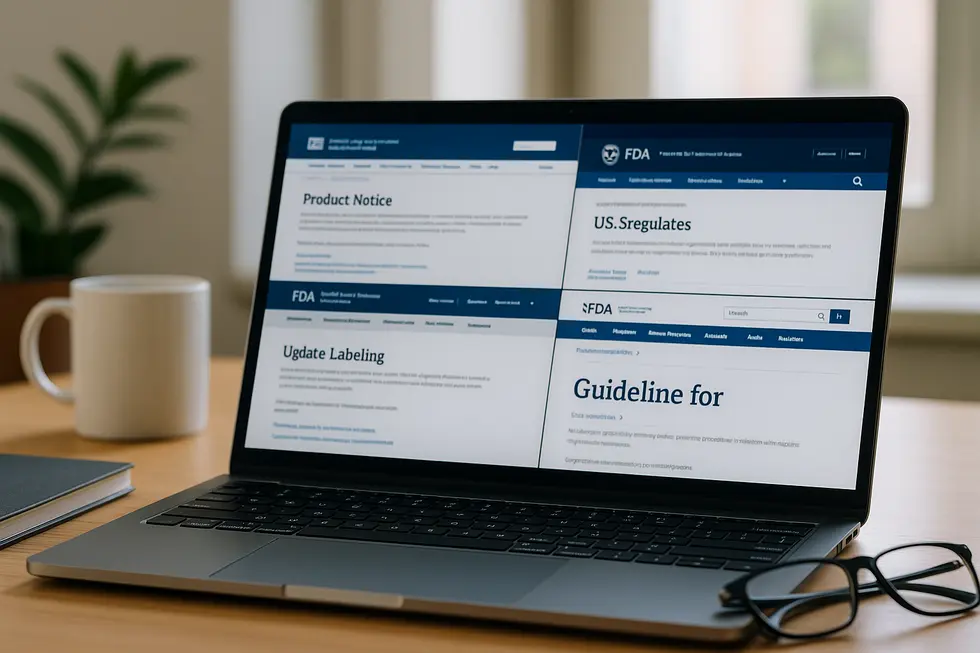
In the complex realm of international trade, ensuring that Colgate products meet the myriad labeling requirements of various countries is crucial. To navigate this complexity, consultation with official resources becomes indispensable. These resources provide vital guidance in understanding and complying with country-specific regulations, such as the European Union’s comprehensive standards on ingredient disclosure and packaging. Similarly, when targeting the U.S. market, adherence to FDA labeling laws is mandatory to safeguard consumer transparency and safety.
Companies like Colgate often turn to authoritative sources like government portals and trade organizations for reliable and up-to-date information. The U.S. FDA’s website, for instance, serves as a repository of regulatory details, offering clear guidelines tailored to different consumer goods segments, including personal care items. FDA Labeling Guidelines
Expanding into new markets requires more than just regulatory compliance; it demands strategic insights provided by broader organizations such as the U.S. Department of Commerce or the European Union’s trade portal, which aid in understanding overarching standards like the EU Deforestation Regulation. By meticulously aligning export practices with these guidelines, Colgate not only ensures regulatory compliance but also builds trust with international consumers. For more on Colgate’s strategic market adaptation, examine their innovative global strategies.
Final thoughts
Understanding and adhering to Colgate’s export labeling requirements is vital for wholesale importers seeking seamless cross-border trade. By mastering multilingual labeling, maintaining robust packaging standards, ensuring thorough documentation, and complying with regional regulations, importers can enhance their global operations. Utilizing official resources further solidifies their adherence to these standards, ensuring a smooth and compliant import process. Ultimately, a deep comprehension of these elements empowers importers to efficiently bring Colgate products to diverse markets, catering to global consumer needs.
Source Colgate products? 👉 Contact us now for new product catalogs and quotes.
About us
Asia Grocery Co., Ltd is a trusted distributor, wholesaler, and exporter of fast-moving consumer goods (FMCG) from Vietnam, backed by over 20 years of expertise. We deliver authentic products from globally recognized brands such as P&G, Unilever, Redbull, Coca-Cola, Pepsi, Asiadeli, along with traditional and culturally significant Asian products, catering to customers worldwide with a special focus on Vietnamese and Asian communities abroad.

